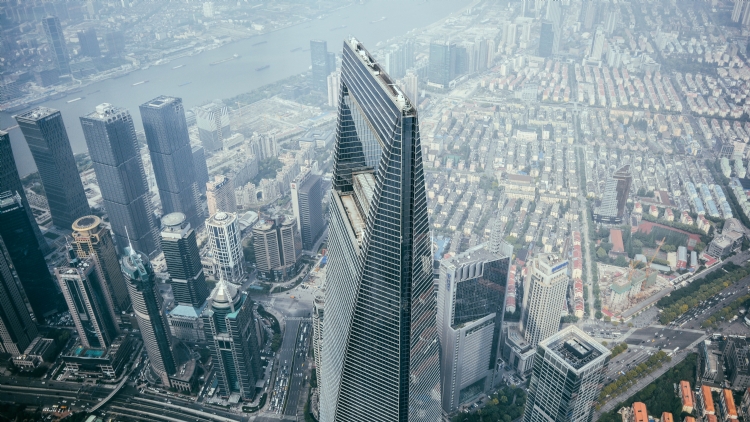During the months of July and August this year I interned in Shanghai, China. Although it wasn’t my first visit to the world’s most populous city, it highlighted quite how much the city has progressed in recent years.
Gone are the dusty streets that previously littered the cities of the People’s Republic, replaced with attractive, well maintained avenues (if pavements can be an object of beauty, why not streets?), wide roads similar to those in the US, and modern, chic buildings. Filling these roads are cars of all origin, likely manufactured there and sold with hefty-mark-ups. Hordes of cyclists still inhabit the roads, with the country encouraging it, having recently launched its own equivalent of the ‘Boris Bike’ (only far more successfully, the bikes have become a very legitimate and cheap source of transport, rather than a novelty). The stores lining these avenues are akin to those you’d find on Oxford Circus and there are endless shopping centres, all of which rival Westfield, just dotted around the city.
Overall shanghai is a much more modern and clean city than it was just a few years back! – ss
— The Go For Broke Spirit (@go4brokespirit) September 9, 2017
In terms of public transport, Shanghai must be on par with the likes of Tokyo. The metro system is possibly the best in the entire world, with impressive punctuality, air-conditioning, glass screening to prevent any grisly accidents and a timer informing passengers of the position of the next two trains. Most journeys on the metro will still only set you back around 3 Yen (35p!), and taxis in Shanghai are also still remarkably cheap, with the minimum fare being 14 Yen (with current exchange rates that’s about £1.62). The government has sanctioned their own version of Uber called ‘Didi’ which allows for passengers to choose between ‘Executive’, ‘Express’ and standard service.
The cuisine in Shanghai is as it always has been, excellent – especially if you aren’t opposed to seafood. Diversity in the food culture of the city has developed massively since my last visit in 2015 and it’s practically impossible not to find something to your taste (although you may struggle to find bangers and mash). It must be said that the Western food is somewhat questionable at times however, and I would strongly advise sticking to…well, anything else.
Nightlife-wise Shanghai is similar to what you’d expect to find in the West, save for the plethora of dodgy karaoke bars that seem to be present in all large Chinese cities. Bars and clubs tend to be dotted around the central district and as such are not exactly cheap but are by no means as pricey as London’s.
Shanghai has become extraordinarily modern in recent years and it is likely that after years of playing catch-up to the likes of London and New York, it is finally ready, as with its peers, to set the bar for cities elsewhere.
Hongyi Feng
Photo credit: http://www.timeoutshanghai.com

